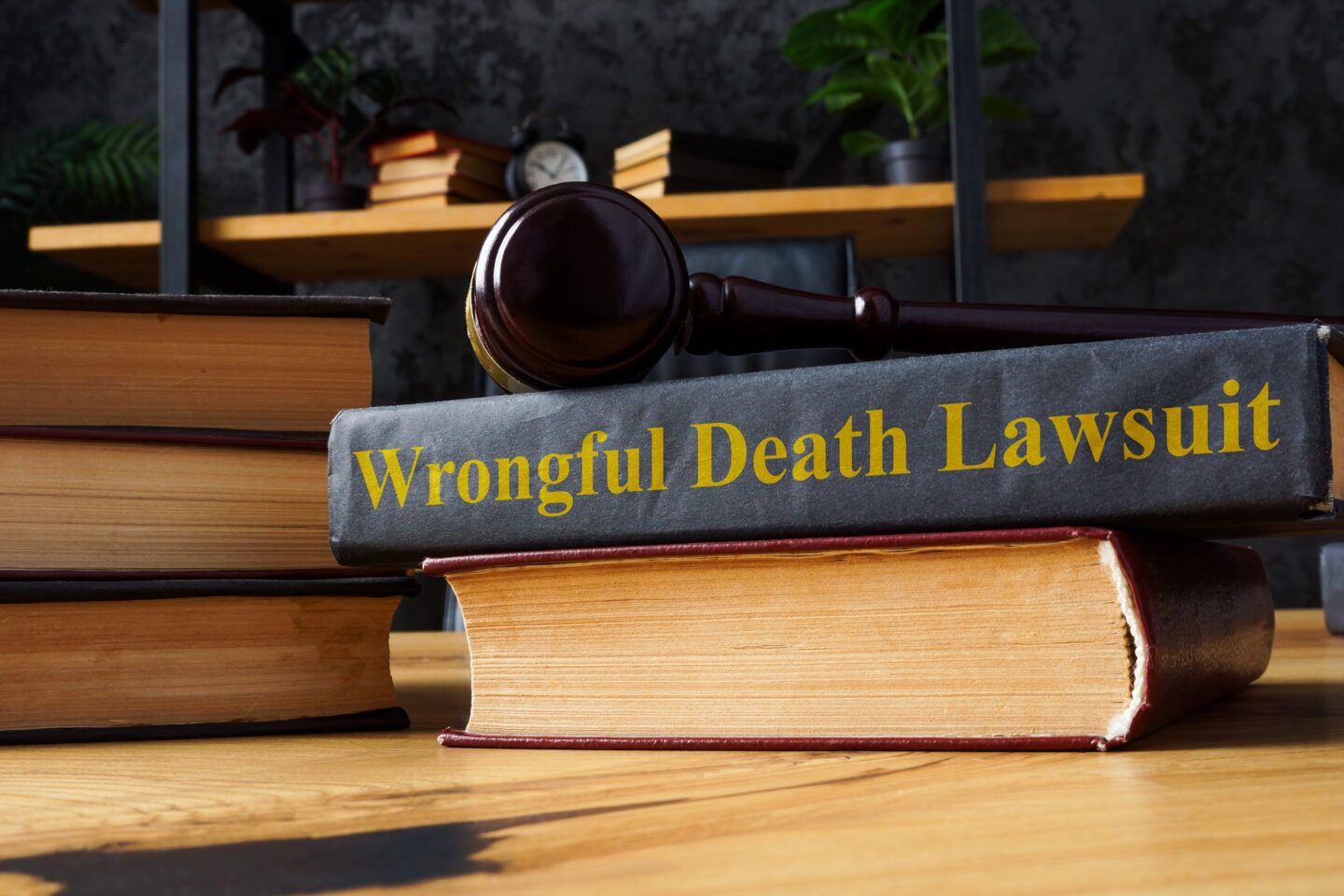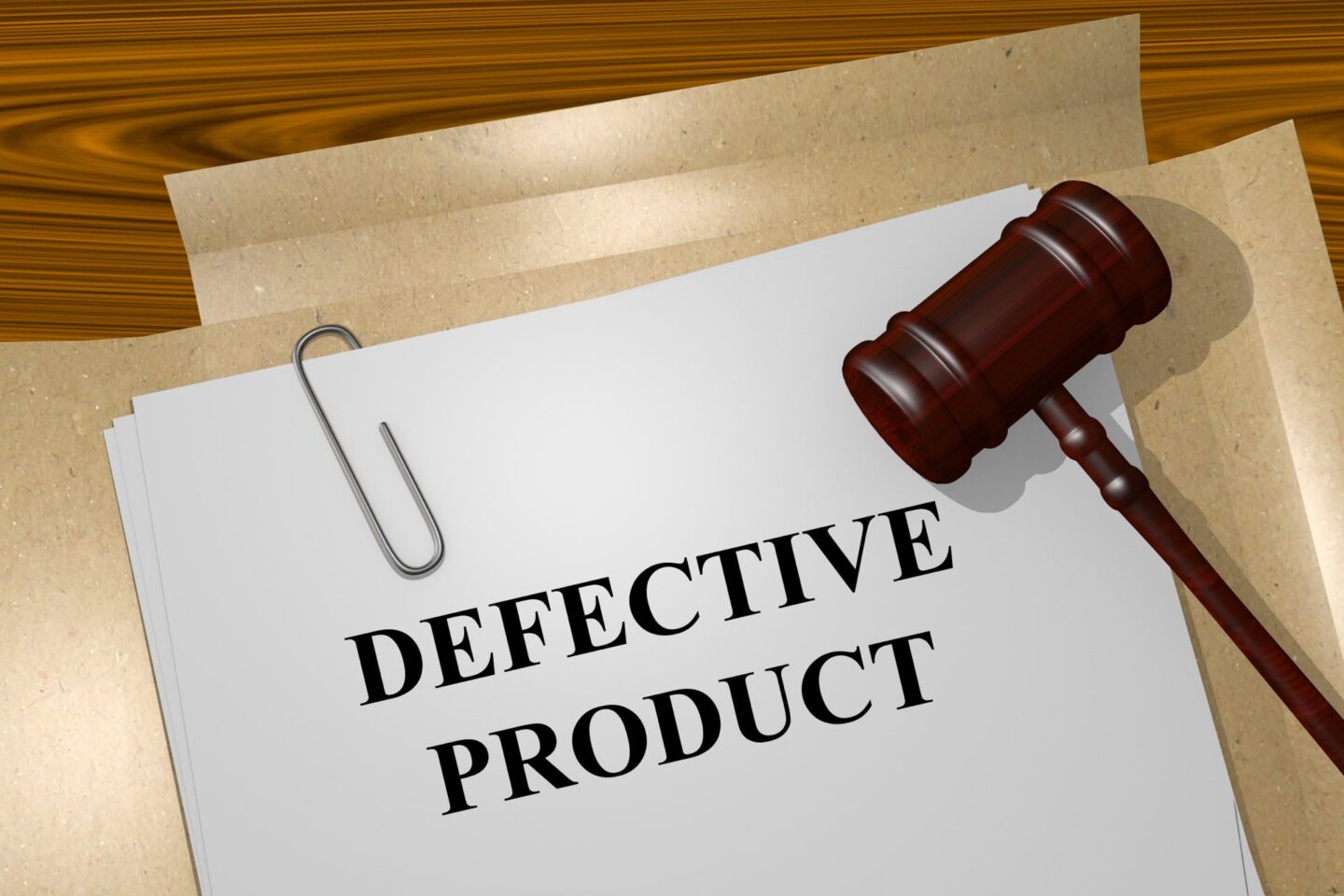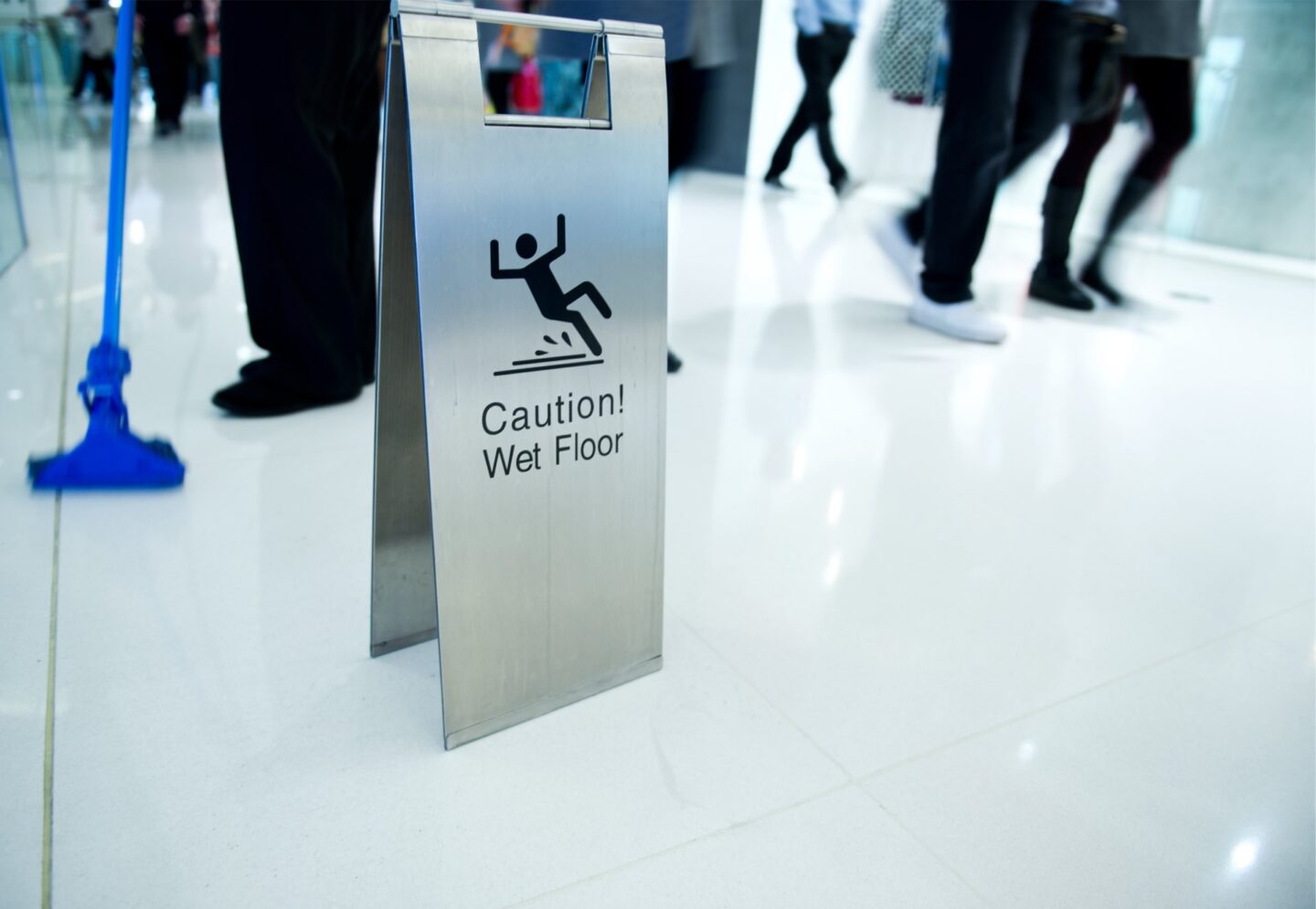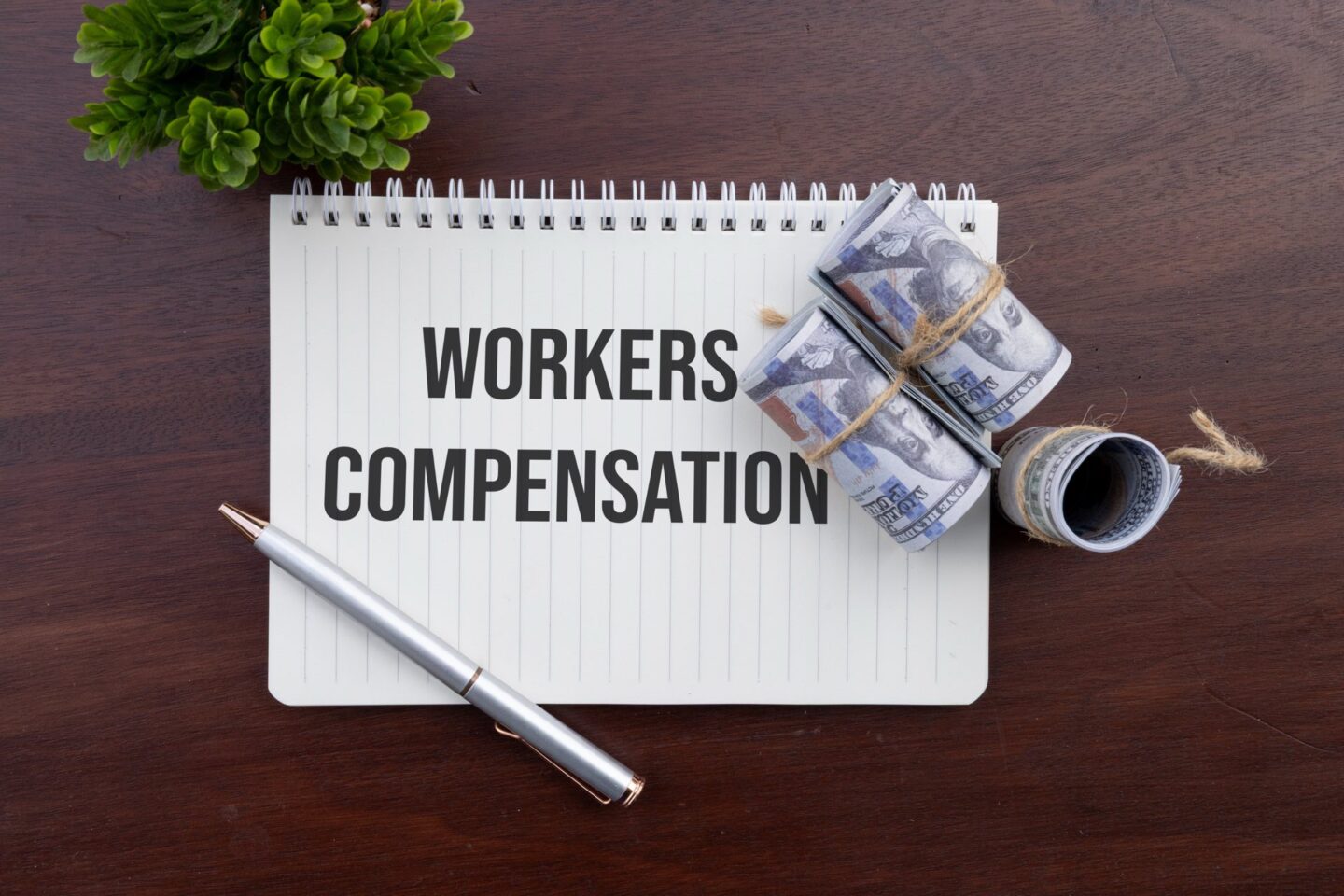1. What is workers’ compensation and how does it work in Washington State?
Workers’ compensation in Washington provides medical care and wage replacement for employees injured on the job, regardless of fault. It is administered by the Washington State Department of Labor & Industries (L&I) or a self-insured employer. Filing a claim starts the process of receiving benefits for lost wages, medical bills, and permanent disability, if applicable.
2. Do I need a lawyer to file a workers’ compensation claim in Seattle?
You are not required to have a lawyer, but navigating the workers’ comp system can be complex, especially if your claim is denied, delayed, or undervalued. A Seattle workers’ compensation lawyer can help you appeal a denial, challenge unfair decisions, and ensure you get the full benefits you’re entitled to.
3. What benefits are available under Washington workers’ compensation?
Injured workers may receive benefits for:
- Medical treatment
- Lost wages (time-loss compensation)
- Permanent partial disability (PPD)
- Pension or total disability benefits
- Vocational retraining
- Death benefits for surviving family members
An experienced attorney can help you understand which benefits apply to your case.
4. How long do I have to file a workers’ compensation claim in Washington?
You generally have one year from the date of a workplace injury to file a claim with L&I or your employer’s self-insured carrier. For occupational diseases (such as repetitive stress injuries or toxic exposure), you have two years from the date you are informed by a medical provider that your condition is work-related.
5. What if my employer retaliates against me for filing a workers’ comp claim?
Washington law prohibits employers from retaliating against workers who file claims. If you are demoted, fired, or harassed for seeking benefits, you may have a separate retaliation claim. Scott & Scott can refer you to a trusted employment attorney if needed.
6. Can I still receive workers’ comp if the injury was my fault?
Yes. Washington’s workers’ compensation system is no-fault, meaning you’re generally entitled to benefits even if your own actions contributed to the accident, so long as the injury occurred during the course of employment and wasn’t caused by willful misconduct.
7. What happens if my workers’ compensation claim is denied?
If your claim is denied by L&I or a self-insured employer, you have the right to appeal the decision. The appeal process can involve hearings before the Board of Industrial Insurance Appeals (BIIA). An experienced Seattle workers’ comp attorney can guide you through the appeal and present medical evidence to support your case.
8. Can I sue my employer for a work-related injury in Washington?
In most cases, no. Washington’s workers’ compensation law is your exclusive remedy for workplace injuries. However, if a third party (like a subcontractor, property owner, or equipment manufacturer) caused your injury, you may be able to file a separate personal injury lawsuit.
9. What if my doctor says I’m ready to return to work, but I’m still in pain?
You have the right to challenge medical decisions. A workers’ comp attorney can help request a second opinion or an Independent Medical Examination (IME).
10. Will I lose my job if I file a workers’ compensation claim?
Filing a claim is your legal right. Washington law protects employees from retaliation, and any adverse action may entitle you to additional legal remedies.
11. How long will this process take?
It depends on your case type and whether we reach a settlement or go to trial. We aim for timely resolution and will keep you updated at every step so you’re never left in the dark.
12. Do I have to talk to the insurance company?
No. Once you hire us, we deal with the insurance companies on your behalf — so you don’t have to worry about saying the wrong thing or being pressured into a lowball offer.
13. What if I already started the claim process myself?
That’s okay — many clients come to us after trying to handle things alone. We can step in at any point to make sure your rights are protected and deadlines aren’t missed.
















